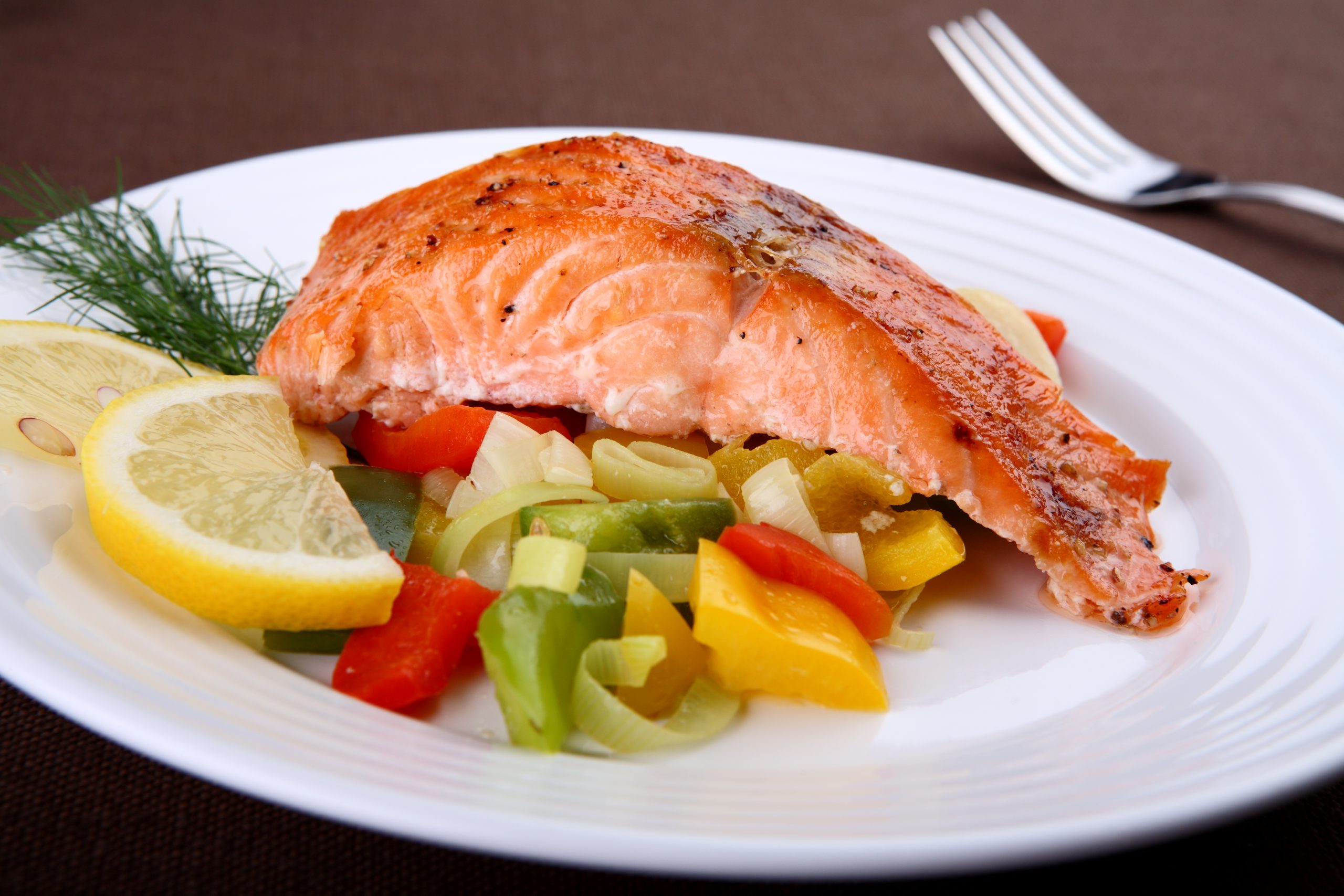As we age, so do our brains. At some point in their lives, most people will experience some form of mild cognitive decline due to age. Different vitamins have different health benefits, and some are better at providing a positive boost to our brains than others are. Most seniors are probably taking a multivitamin, and while that is beneficial, the best way to get the vitamins that are needed is by eating the foods that contain them. Listed below are five brain foods that your loved one can make sure they have in their diet to help keep a happy and healthy brain.
1. Dark Berries
Dark berries like blueberries, blackberries, and strawberries are all high in Vitamin C. One study looked into women who added blueberries and strawberries to their diets and found that the women who ate two or more servings of berries per week had a modest reduction of memory decline. Another study found that the high levels of Vitamin C that the berries contained helped to prevent memory loss.
2. Greens
Leafy greens like spinach, collards, kale, and mustard greens are all high in Vitamin K, a vitamin that has been found to increase cognitive function. One study found that people who ate one to two servings a day of leafy greens had the cognitive ability of a person who was 11 years younger than those who did not eat leafy greens. Other greens that are a great addition to Mom’s diet are broccoli and sage. Broccoli contains Vitamin K as well, and one study found that sage is great at helping to improve word recall in folks who took it as an essential oil.
3. Nuts
Nuts and seeds are great sources of Vitamin E, a vitamin that has been connected to having a decreased risk of cognitive decline as a person ages. Brazil nuts, almonds, cashews, peanuts, sunflower seeds, sesame seeds, flaxseed, walnuts, hazelnuts, and unhydrogenated nut butters like peanut butter or almond butter are all great at providing Vitamin E as well as adding protein to your diet. Just one handful of pumpkin seeds contains nearly all of your daily recommended servings of zinc, a nutrient that has been found to improve memory function in older adults. To avoid adding unnecessary salt to your diet, buy the unsalted nut and seed options.
4. Oily Fish
Alpha-linolenic acid (omega-3 fatty acid) is one of the fatty acids that is essential for humans to survive. Since it’s not naturally occurring in our bodies, we have to acquire it through the foods that we eat or the vitamins that we take. Oily fish like salmon, trout, mackerel, herring, sardines, and kippers naturally contain omega-3 fatty acids. Two of the omega-3s that these oily fish contain are docosahexaenoic acid (DHA) and eicosapentaenoic acid (EPA). One study found that animals who were fed EPA fish oil showed improved memory function. Low levels of DHA have been linked to a higher risk of developing Alzheimer’s disease and memory loss.
5. Tomatoes
Tomatoes contain an important antioxidant called lycopene. Lycopene is a naturally occurring pigment called a carotenoid that gives certain fruits their red or pinkish color. Tomatoes contain the highest levels of lycopene of any red fruit. One study found that lycopene helps to protect against memory loss. To get a serving of tomatoes, you don’t have to have fresh ones available. Eating them in tomato-based foods like salsa, marinara sauces, and ketchup are always an option as well. As with nuts, remember to buy low sodium or no salt varieties of tomato-based food items. You can find lycopene in other foods such as grapefruit, guava, and watermelon.


